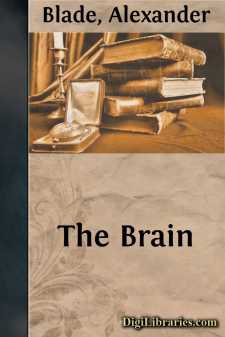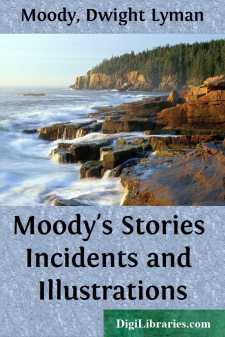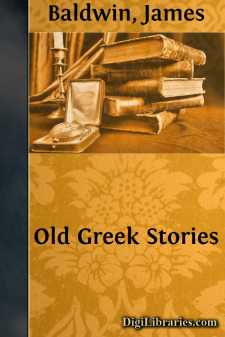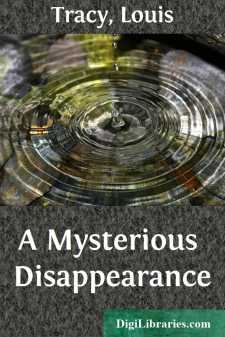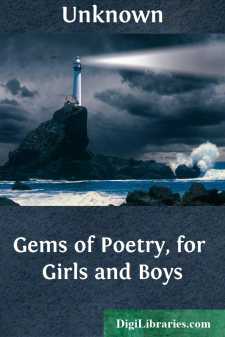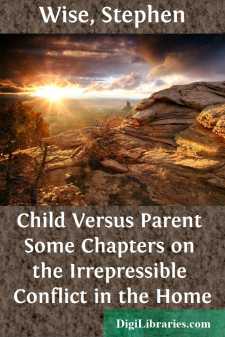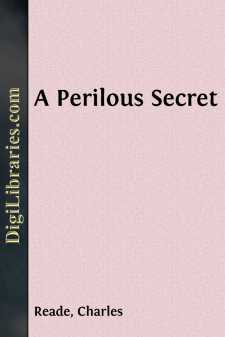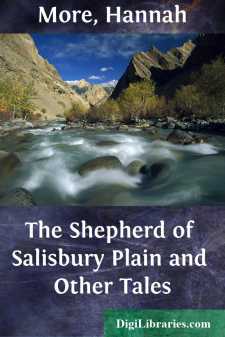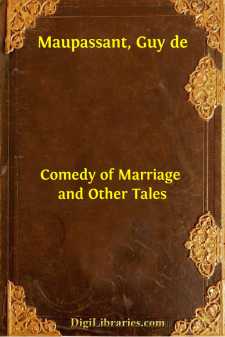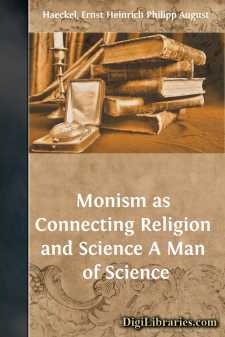Fiction
- Action & Adventure 180
- Biographical 15
- Christian 59
- Classics
- Coming of Age 5
- Contemporary Women 3
- Erotica 8
- Espionage/Intrigue 12
- Fairy Tales, Folklore & Mythology 236
- Family Life 169
- Fantasy 117
- Gay 1
- General 596
- Ghost 32
- Historical 808
- Horror 43
- Humorous 160
- Jewish 25
- Legal 4
- Medical 22
- Mystery & Detective 315
- Political 49
- Psychological 41
- Religious 64
- Romance 159
- Sagas 11
- Science Fiction 730
- Sea Stories 113
- Short Stories (single author) 537
- Sports 10
- Suspense 1
- Technological 8
- Thrillers 2
- Urban Life 31
- Visionary & Metaphysical 1
- War & Military 173
- Westerns 199
Classics Books
Sort by:
by:
Alexander Blade
CHAPTER I Cautiously the young flight engineer stretched his cramped legs across some gadgets in his crowded little compartment. Leaning back in his swivel chair he folded a pair of freckled hands behind his neck and smiled at Lee. "This is it doctor; we're almost there." The tall and lanky man at the frame of the door didn't seem to understand. Bending forward he peered through the...
more...
MOODY'S STORIES Lady Pendulum When Mr. Sankey and I were in London a lady who attended our meetings was brought into the house in her carriage, being unable to walk. At first she was very skeptical; but one day she said to her servant: "Take me into the inquiry room." After I had talked with her a good while about her soul she said: "But you will go back to America, and it will be all...
more...
by:
James Baldwin
OLD GREEK STORIES. A long time ago, when the world was much younger than it is now, people told and believed a great many wonderful stories about wonderful things which neither you nor I have ever seen. They often talked about a certain Mighty Being called Jupiter, or Zeus, who was king of the sky and the earth; and they said that he sat most of the time amid the clouds on the top of a very high...
more...
by:
Louis Tracy
CHAPTER I “LAST SEEN AT VICTORIA!” Alice, Lady Dyke, puckered her handsome forehead into a thoughtful frown as she drew aside the window-curtains of her boudoir and tried to look out into the opaque blackness of a November fog in London. Behind her was cheerfulness—in front uncertainty. Electric lights, a nice fire reflected from gleaming brass, the luxury of carpets and upholstery, formed an...
more...
by:
Stephen Wise
CHAPTER I FACING THE PROBLEM One way of averting what I have called the irrepressible conflict is to insist that, in view of the fundamental change of attitude toward the whole problem, the family is doomed. Even if the family were doomed, some time would elapse before its doom would utterly have overtaken the home. In truth, the family is not doomed quite yet, though certain views with respect to the...
more...
by:
Charles Reade
CHAPTER I. THE POOR MAN'S CHILD. Two worn travellers, a young man and a fair girl about four years old, sat on the towing-path by the side of the Trent. The young man had his coat off, by which you might infer it was very hot; but no, it was a keen October day, and an east wind sweeping down the river. The coat was wrapped tightly round the little girl, so that only her fair face with blue eyes...
more...
by:
Hannah More
Mr. Johnson, a very worthy charitable gentleman, was traveling some time ago across one of those vast plains which are well known in Wiltshire. It was a fine summer's evening, and he rode slowly that he might have leisure to admire God in the works of his creation. For this gentleman was of opinion, that a walk or a ride was as proper a time as any to think about good things: for which reason, on...
more...
ACT I. SCENE I. Mme. de Sallus in her drawing-room, seated in a corner by the fireplace. Enter Jacques de RANDOL noiselessly; glances to see that no one is looking, and kisses Mme. de Sallus quickly upon her hair. She starts; utters a faint cry, and turns upon him. MME. DE SALLUS Oh! How imprudent you are! JACQUES DE RANDOL Don't be afraid; no one saw me. MME. DE SALLUS But the servants! JACQUES...
more...
PREFACE The following lecture on Monism is an informal address delivered extemporaneously on October 9, 1892, at Altenburg, on the seventy-fifth anniversary of the "Naturforschende Gesellschaft des Osterlandes." The immediate occasion of it was a previous address delivered by Professor Schlesinger of Vienna on "Scientific Articles of Faith." This philosophical discourse contained, with...
more...


